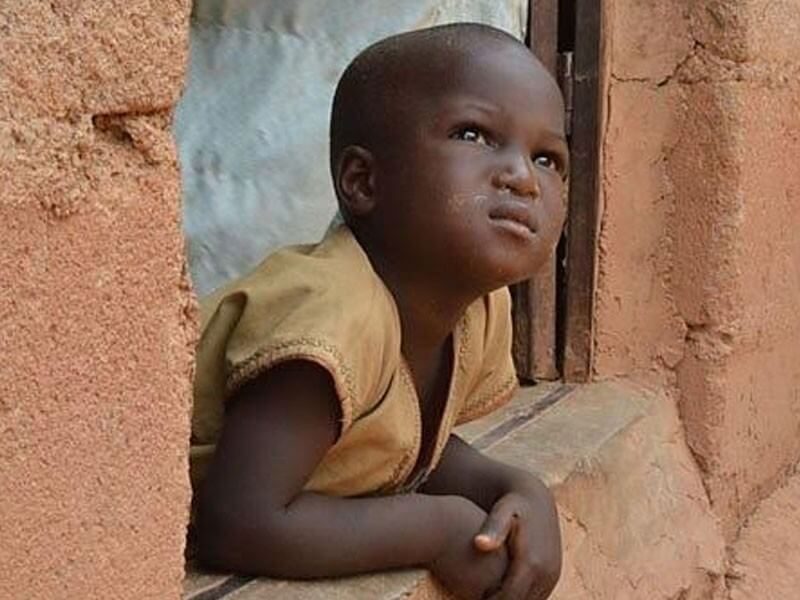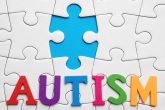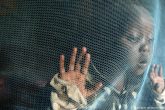
Almost everyone has a bout of diarrhoea once, maybe twice a year. It lasts for a couple of uncomfortable days, and then you’re over it. What is a mild illness for you is life-threatening for most children in Africa. Diarrhoea is the second leading cause of death for children under 5 years on the continent.
Do you know that diarrhoea kills about 1,300 children every day —more than AIDS, malaria, and measles combined? A study on diarrhea in seven countries in Africa and Asia shows that diarrhoea leads to stunted growth and cognitive damage in infants who manage to survive moderate to severe diarrhoea.
What is diarrhoea and how do you get it?
When you have loose, watery stools three or more times in one day, you have diarrhoea.
In Africa, germs such as viruses, bacteria, and parasites usually cause diarrhoea. These germs spread from the stool of one person to the mouth of another through contaminated water, food, or objects. Rotavirus is the number one cause of acute diarrhoea and is responsible for about 40% of hospital admissions for diarrhoea in children under 5 years.
More than three quarters (88%) of the deaths from diarrheoa are due to unsafe drinking water, inadequate sanitation, and poor hygiene.
Less commonly you can get diarrhoea from certain medicines such as antibiotics and antacids; food intolerances; and some diseases of the stomach, small intestine or colon.

What are the danger signs of diarrhea?
You’ve probably experienced the abdominal cramps, the urgent feeling to have a bowel movement, nausea, and sometimes vomiting that comes with diarrhoea.
There can also be more serious symptoms such as blood or mucus in your stool, fever and weight loss. If you have watery stools more than three times a day and are not drinking enough fluids, you can become dehydrated. Dehydration is what usually causes death from diarrhoea.
When you have diarrhoea, signs, and symptoms of dehydration include:
- Extreme thirst or being unable to drink
- Dry, warm skin or skin that loses firmness and appears wrinkled
- Being unable to pass urine or only a reduced amount that is dark yellow
- Weakness
- Cramping in the arms and legs
- The soft spot on a baby’s head is sunken in
- A baby or child crying with few or no tears
- A sleepy or irritable baby or child
- Dry mouth, dry tongue; with thick saliva
- Convulsions
Why does diarrhoea cause death in so many children?
Diarrhoea in children must not be taken lightly because they develop moderate to severe dehydration very quickly.
Dehydration occurs when you lose water and electrolytes (salts) from the body. In effect, your body “dries up.” Your body’s systems can’t function properly without the right balance of fluids and electrolytes. A lot of diarrhoea with or without vomiting can cause dehydration.
During diarrhoea, you lose significant amounts of water and electrolytes (salts) in the watery stool. If you lose a large quantity of fluids and salts and you don’t replace them quickly by drinking enough or with intravenous fluids, your body starts to “dry up” or get dehydrated.
Severe dehydration can quickly cause death. Parents and caregivers are often unaware of how much fluid a child loses through diarrhoea and how vital it is to replenish the liquid that’s lost.
Anyone can become dehydrated, but babies and children under 5 years old, elderly people, anyone with a fever, and people in hot climates get dehydrated more easily.
An inexpensive readily available treatment for diarrhoea
There is a very effective and cheap treatment for diarrhoea that prevents and can correct the dehydration that kills children. It’s called oral rehydration solution, (ORS), or oral rehydration therapy (ORT). It is recommended by the WHO and is available at your local pharmacy.
ORS is lifesaving and yet is widely under-used. The public is mostly unaware that such a simple solution exists to combat diarrhoea and even health care workers don’t recommend it routinely. That’s one of the reasons, so many African children continue to die.
A packet of Oral Rehydrating Salts costs only about N200. When mixed with clean water it makes about of 5 liters of Oral Rehydrating Solution and can be used for 2 to 3 days of treatment. It is cheaper to treat with ORS soon after the start of diarrhoea than to wait until your child is gravely ill from fluid loss and requires a clinic visit or hospitalisation.
In addition to the ORS, give a child with diarrhoea Zinc supplement daily for 10–14 days, as crushed tablet or syrup. It reduces the duration and severity of diarrhoea.
If ORS is not available at your local pharmacies, you can make your own ORS by mixing 6 level teaspoons of sugar and 1/2 level teaspoon of salt dissolved in 1 litre of clean water. You should
only make your own ORS in an emergency to help delay dehydration on your way to the hospital when you can’t find any to buy.

What can you do to prevent diarrhoea?
To prevent diarrhea in babies and children up to 5 years:
- Vaccinate your baby against rotavirus (3 doses in first 4 months of life)
- Vitamin A supplementation by 6 months of age
- Breastfeeding instead of formula to limit exposure to contaminated water. Breastfeeding is vital to the prevention and treatment of diarrhoea. Infants who exclusively breastfeed for the first six months of life and continue to breastfeed until two years of age develop fewer infections and less severe illnesses, including diarrhoea.
Diarrhoea prevention for everyone includes:
- Hand washing with soap – simply hand washing with soap after using the toilet reduces diarrhea by 30%!!
- Washing your hands with soap and water before preparing any food
- Using only safe drinking water for preparing food and for drinking – boil water before using if you’re unsure or use bottled water
- Discouraging and eliminating open defecation in your surroundings
- Disposing of human waste properly
- Providing soap and water in all toilet facilities so that users can wash their hands
Having said that, every home should have a packet of commercially available Oral Rehydrating Solution (ORS) in a medicine cabinet ready for use in the next diarrhoea emergency.

